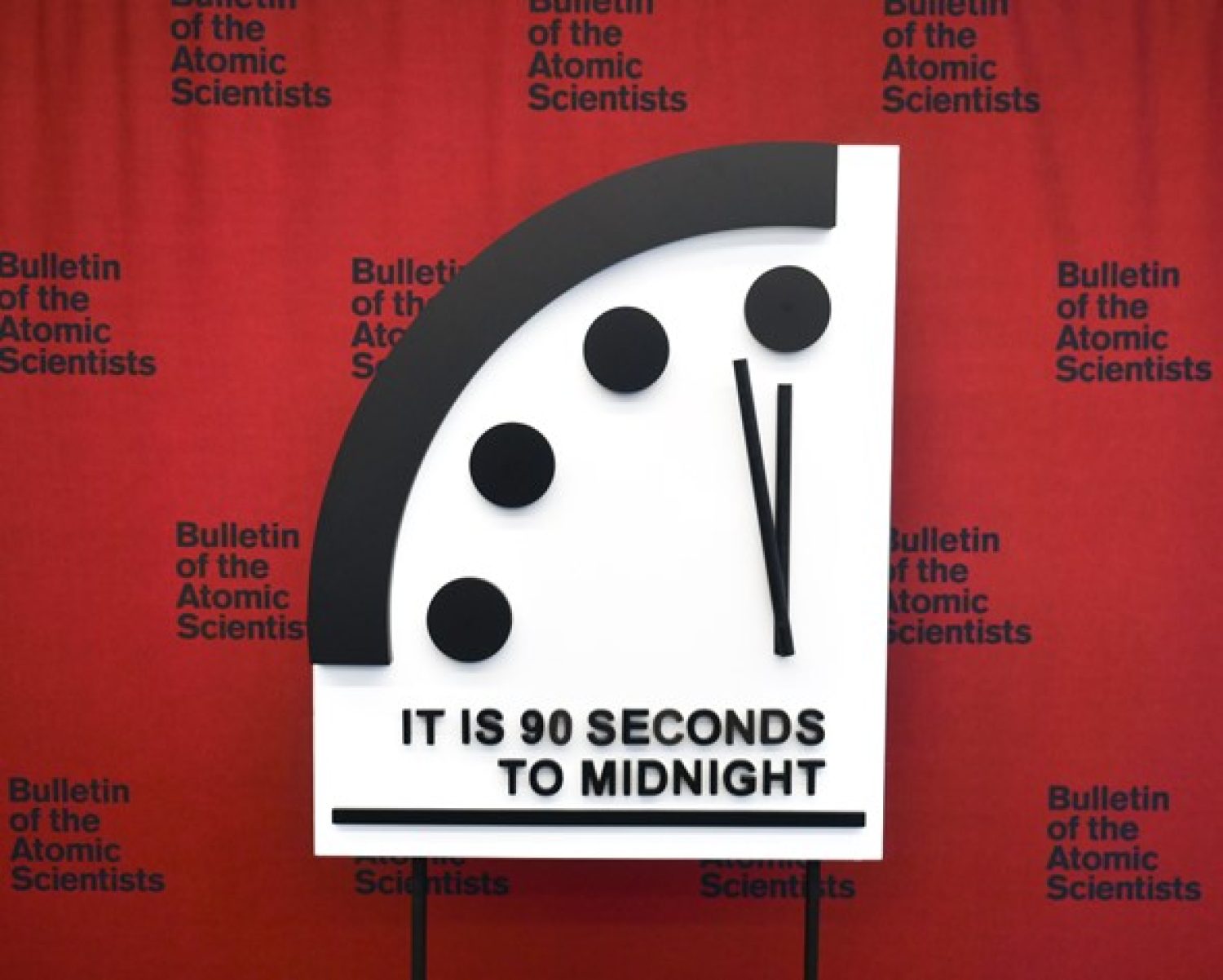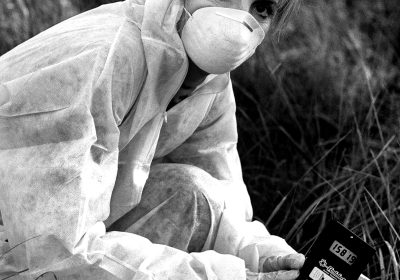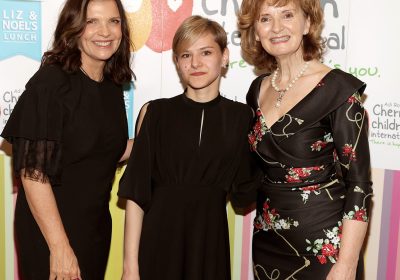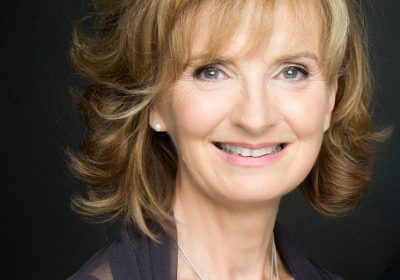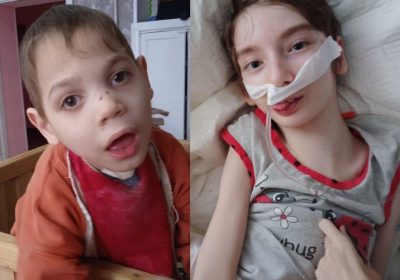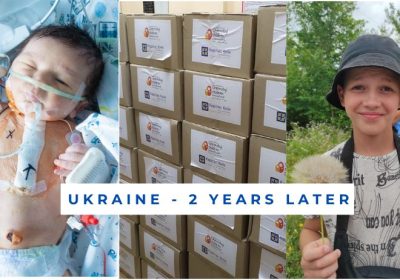• If we remain silent, we are playing with a loaded gun.” – Adi Roche.
The Bulletin of Atomic Scientists have upheld the position of the ‘Doomsday Clock’ at 90 seconds to Midnight – the closest it has ever been – citing war in Ukraine as a key reason why humanity is in a time of ‘unprecedented danger’. This metaphorical measure of humanity’s risk moved to 90 seconds to Midnight for the first time in 2023, following the Russian invasion of Ukraine.
Founded by Albert Einstein and University of Chicago scientists who developed the first atomic weapons, the Clock is a universally recognised indicator of the world’s profound vulnerability to nuclear weapons, climate change and disruptive technologies. The closer to midnight the Clock is set, the greater the existential danger.
Speaking in response to Tuesday’s development, Adi Roche of Chernobyl Children International (CCI) expressed grave concern at the increasingly precarious situation in Ukraine and the nuclear threat as a result of the ongoing instability and occupation of Zaporizhzhia Nuclear Power Plant;
“This announcement on ‘Doomsday Clock’ will hopefully be a wake-up-call and a call-to-action for discussions for peace in Ukraine. With the continued occupation and escalating crisis at Zaporizhzhia, we are on a knife-edge. It is an untenable situation as the risk of a nuclear explosion, by accident or design, is dangerously high. We are on the precipice of a humanitarian Armageddon.”.
“This weaponising of nuclear power, which began at Chernobyl and continued onwards to Zaporizhzhia, signifies to the world that the nature of modern warfare has changed forever, and brings with it a sense of foreboding for wars of the future. There would be no opportunity to evacuate the warzone surrounding Zaporizhzhia if a nuclear accident occurs.”, Roche continued.
Since the beginning of the war and the invasion of the Chernobyl Nuclear Power Plant in February 2022, CCI have been advocating for all nuclear facilities be deemed a ‘No War Zone’ and for World Leaders to invoke the Hague Convention which defines any attack or occupation of a nuclear power facility to be a ‘war crime’.
CCI had the infrastructure to immediately respond in the Chernobyl regions affected by the war, nimbly and quickly. The charity were not only able to continue programmes, but also expanded them, while targeting areas of unique need in Ukraine.
Adi Roche, who founded CCI and leads its response as Voluntary CEO, has been working to relieve the devastation of the Chernobyl accident in the region since 1986 and has delivered over €108million worth of humanitarian aid to the region.


